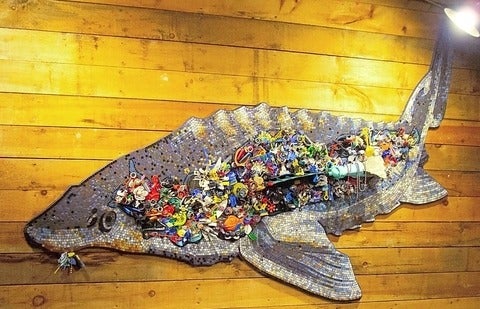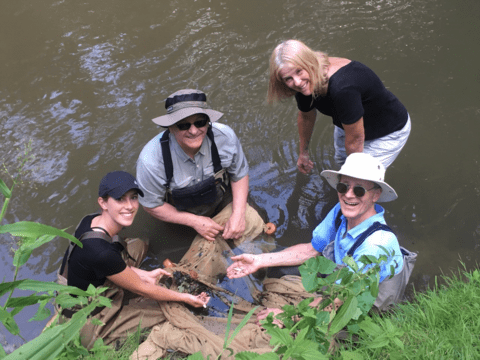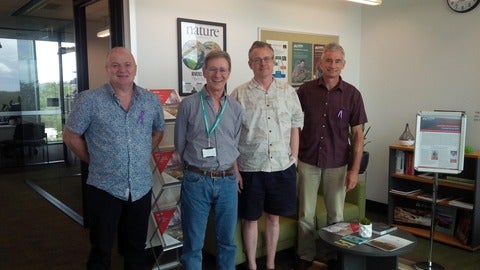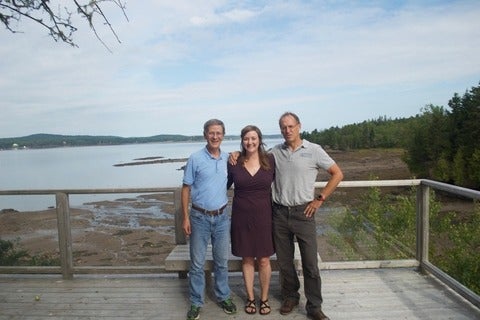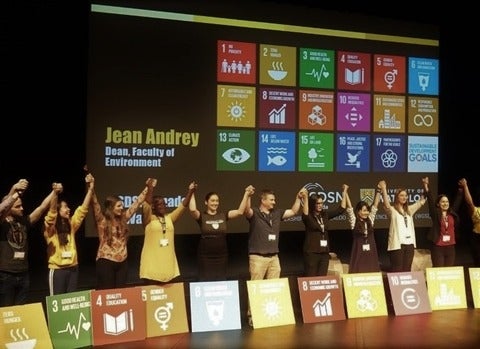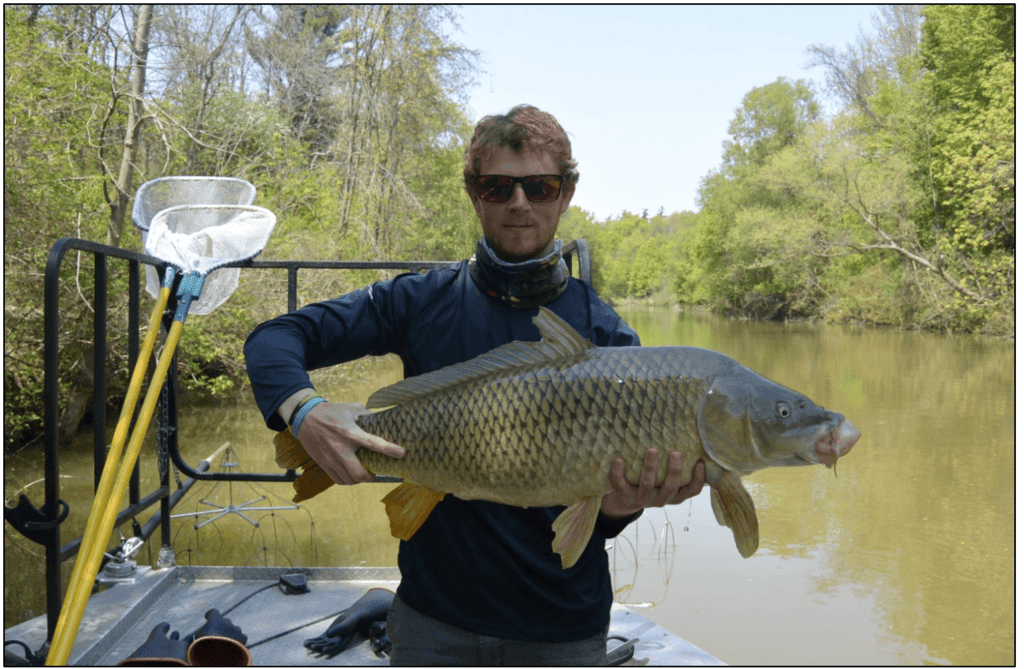Congratulations to Kyle on his publication!
Congratulations to Kyle Knysh on his new publication:
Knysh, K.M., S.C. Courtenay, C.M. Grove and M.R. van den Heuvel. 2021. The differential effects of salinity level on Chlorpyrifos and Imidacloprid toxicity to an estuarine amphipod. Bulletin of Environmental Contamination and Toxicology. Published online: 01 March 2021. https://doi.org/10.1007/s00128-021-03157-z.
This is the first publication from Kyle’s doctoral work and Carissa’s first published paper!

